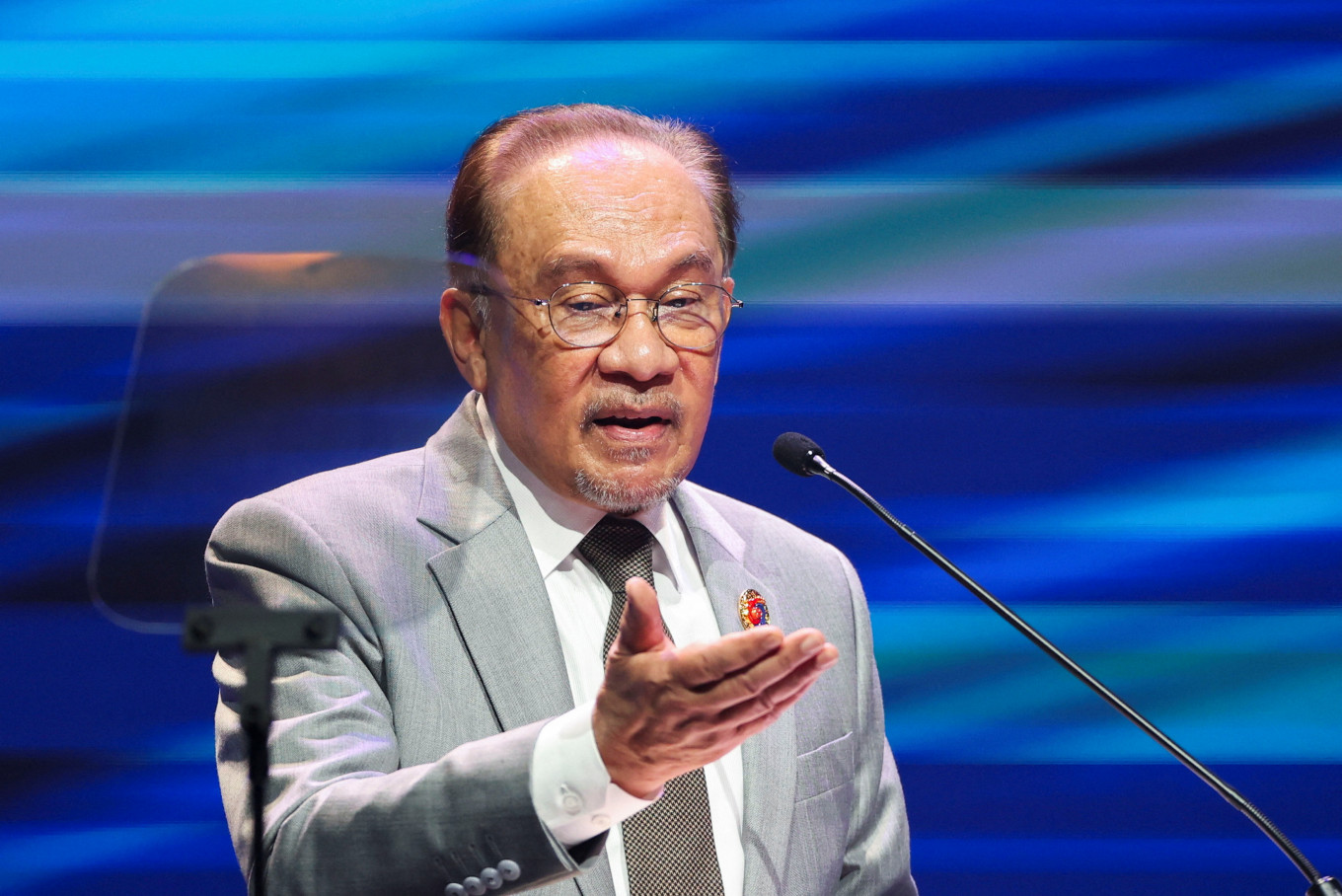Popular Reads
Top Results
Can't find what you're looking for?
View all search resultsPopular Reads
Top Results
Can't find what you're looking for?
View all search resultsBeyond ASEAN centrality
A lack of unity may be what is wrong with ASEAN today
Change text size
Gift Premium Articles
to Anyone
T
he just-concluded annual ASEAN Ministerial Meeting (AMM) in Kuala Lumpur may have proven once again to be the central role the Southeast Asian regional organization plays, not only in the Indo-Pacific region, but worldwide. But this type of centrality may have reduced ASEAN to nothing more than an event organizer – granted, a good one– unless it sets a firmer agenda with clear objectives for these meetings.
The summer event, held in different ASEAN capitals each year, has become one of the main international gatherings of foreign ministers, with representatives of 27 countries including the United States, China and Russia, in addition to the 10 ASEAN members.
But based on international media coverage, the hoard of international journalists seemed more interested in the bilateral or minilateral meetings these ministers held. The ASEAN context was lucky to get a mention.
Few, if any, report on the press conference the host foreign minister gives toward the end of meeting.
The joint communique or chair statement is rarely mentioned. Loaded with polite diplomatic language and ASEAN’s infamous alphabet soup, these official statements are designed more for bureaucrats, not for journalists or the public.
ASEAN does bring these many foreign ministers together to discuss global economic, security and political issues.
The AMM is a series of meetings that now includes individual post ministerial conference sessions between ASEAN ministers and partners (called PMC 10+1s), climaxing with the ASEAN Regional Forum (ARF).
This gives ASEAN members the opportunity to raise issues directly with partners including the tensions, conflicts and wars that could threaten global peace. Ukraine, Gaza and Iran featured prominently in their discussion last week.
Kuala Lumpur also welcomed United States Secretary of State Marco Rubio in his ASEAN debut, giving the bloc the chance to discuss the steep hikes in import tariffs that US President Donald Trump has imposed on all ASEAN countries to reduce massive US trade deficits.
Of bigger interest to international media were the bilateral meetings Rubio held with his Russian counterpart Sergei Lavrov and with China's Wang Yi.
But in terms of what ASEAN has accomplished for itself, other than its success in organizing the event, there is really little to brag about.
ASEAN is on the verge of giving up its efforts to resolve the civil war in Myanmar, whose membership has been suspended. ASEAN members are divided on several key issues including tension over the overlapping territorial maritime claims some members have with China in the South China Sea. ASEAN members have approached Trump’s tariff wars individually, with varying results, instead of speaking with one voice.
This lack of unity undermines the centrality the group is trying to project to the world about its role in regional and global affairs. There is also a lack of clear leadership within the group, with its largest member Indonesia reluctant to take on that role as President Prabowo Subianto appears to be investing more in larger multilateral organizations.
This is not to dismiss the importance of ASEAN or the meetings it has held, which are valuable as they discuss difficult issues. Even if they do not lead to any resolution, they can lead to better understanding and ease tensions that exist between participating countries.
But what does ASEAN get out of this other than praise for being a good host?











